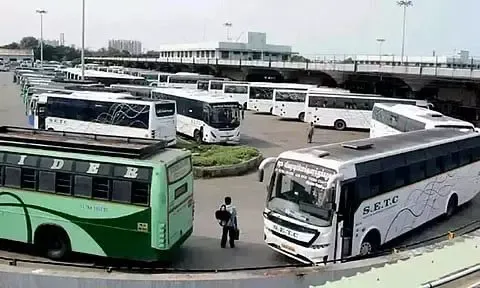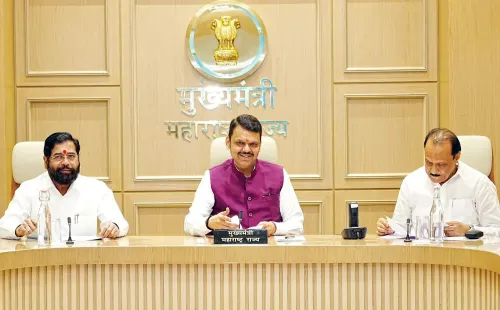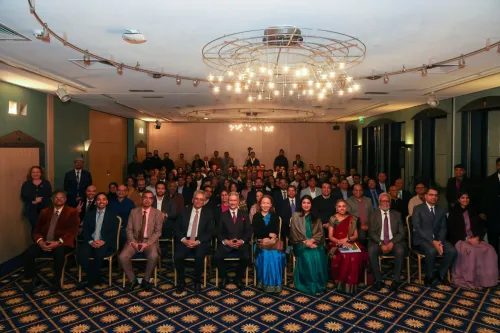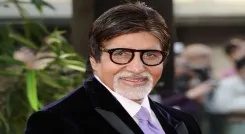Why is Effective Policing Essential for Investment in Viksit Bharat?
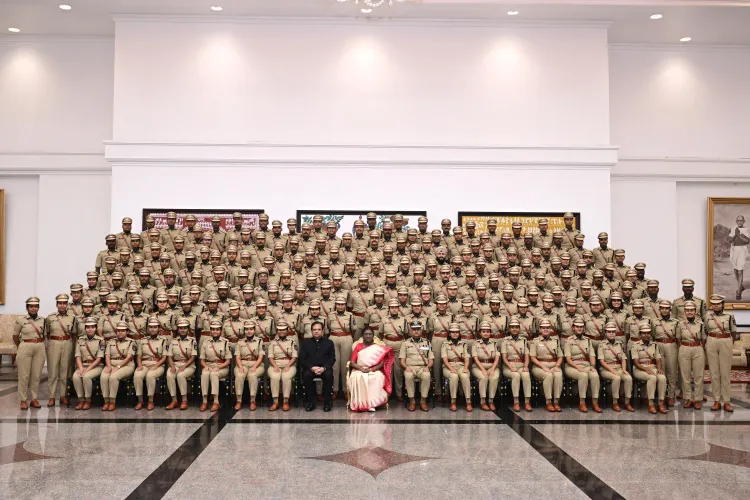
Synopsis
Key Takeaways
- Effective policing is essential for attracting investments.
- Technology, including AI, is transforming the policing landscape.
- Young officers must lead in adopting new technologies.
- Accountability and ethical conduct are critical for police authority.
- Compassion should remain central to effective policing.
- Cultural decolonization is necessary to build trust with marginalized communities.
New Delhi, Oct 27 (NationPress) President Droupadi Murmu highlighted on Monday that efficient policing is as crucial as economic incentives for fostering growth, as maintaining law and order is a vital prerequisite for luring investment in any state or region.
While addressing the probationers of the Indian Police Service 77 RR (2024 batch) at Rashtrapati Bhavan, Murmu asserted that a future-ready police force spearheaded by youthful officers will play a significant role in the vision of Viksit Bharat.
The President further stressed that technology has dramatically reshaped the landscape of policing.
“Merely a decade ago, the term ‘digital arrest’ would have seemed incomprehensible. Nowadays, it is a prominent concern for citizens. India boasts one of the largest and fastest-growing AI user populations, which will also influence policing,” she remarked.
Murmu encouraged IPS officers to stay ahead in the adoption of new technologies, including AI, in contrast to those who might misuse these advancements.
“It’s encouraging to see that there are 62 female officer trainees in this batch of 174 probationers. With nearly 36 percent representation, your cohort marks the highest gender diversity to date. I am confident that the number of female IPS officers will continue to rise,” she stated.
The President emphasized that young officers in positions of authority must recognize that authority comes with accountability.
She pointed out that their actions and behavior will always be subjected to public observation, urging them to choose ethical paths over convenient ones.
She highlighted that earning moral authority will garner the respect and trust of the public.
The President noted that police officers frequently confront crime and criminals, which may desensitize them and dull their compassion.
She urged them to make a conscious effort to preserve their empathetic core while striving to become effective officers.
By advocating for cultural decolonization in policing, she stated, “The ethos of Indian policing should embody a spirit of service, sensitivity, and compassion, especially towards the vulnerable. The marginalized should view the police as a source of support, not as a fearsome presence.”


